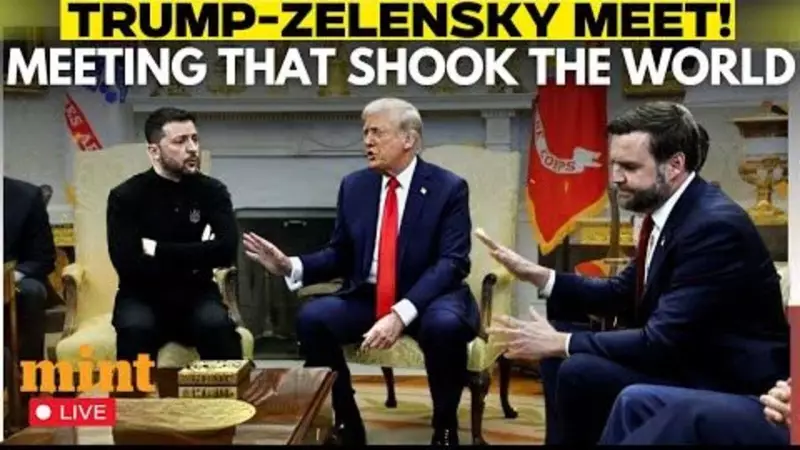
In a development that has raised eyebrows across global diplomatic circles, the United States has formally rejected Ukraine's urgent request for Tomahawk cruise missiles following what sources describe as a "tense and frank" discussion between American and Ukrainian officials.
The High-Stakes Denial
The rejection comes at a critical juncture in Ukraine's defense against Russian aggression, with President Volodymyr Zelenskyy's administration making repeated appeals for advanced weaponry to counter Moscow's military advances. The Tomahawk missiles, known for their precision strike capabilities over long distances, were seen as a potential game-changer in Ukraine's arsenal.
Trump's Controversial Putin Stance
This decision occurs against the backdrop of former President Donald Trump's increasingly favorable statements toward Russian leader Vladimir Putin. Trump has repeatedly expressed admiration for Putin's leadership style and has suggested he could quickly negotiate an end to the conflict if returned to power.
Behind the Tense Discussions
According to insiders familiar with the negotiations, the discussions preceding the missile denial were particularly strained. Ukrainian officials made their case emphasizing the urgent need to protect civilian infrastructure and counter Russian missile attacks, while American representatives expressed concerns about escalation risks and broader geopolitical implications.
Military Implications
The Tomahawk missile system represents one of America's most sophisticated weapons, capable of striking targets with pinpoint accuracy from hundreds of miles away. Its deployment in Ukraine would have significantly enhanced Kyiv's ability to target Russian command centers and supply lines deep behind enemy lines.
Political Fallout
The rejection has sparked debate among NATO allies and within Washington political circles. Some analysts view this as evidence of growing caution within the Biden administration about direct confrontation with Russia, while others see it as reflecting ongoing political divisions about America's role in the conflict.
The timing of this decision, coupled with Trump's persistent pro-Putin rhetoric, has created a complex diplomatic landscape that continues to evolve as the war enters its next phase.





